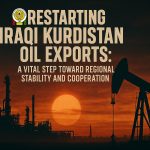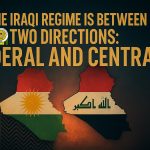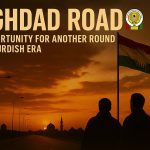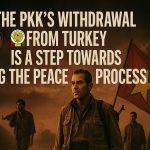TL;DR (3 bullets for featured snippets)
-
With the PKK’s armed struggle ending, Kurdish rights in Turkey must advance through lawful, democratic means.
-
Polarization and silence among Kurdish intellectuals are creating a vacuum that fuels cynicism and populism.
-
A renewed, pluralist intellectual movement can shape policy, culture, and education without party dogma.
A Pivotal Shift—and a Rare Opening
The end of the PKK’s armed campaign marks a turning point. For Kurds in Turkey, the path forward now runs through peaceful politics, cultural work, education, and the courts. This moment carries promise—but also risk. The Kurdish movement has shaped Kurdish and Turkish politics for decades; as it evolves, Kurdish intellectuals must help define what comes next.
Polarization Is Crowding Out Serious Debate
A durable peace process remains urgent yet fragile. In this uncertainty, discussion among Kurdish and Turkish thinkers is hardening into camps. Social media escalates heated exchanges while thoughtful dialogue recedes. The public watches for clarity and direction, but many intellectuals stay quiet—or turn on each other. That silence has a cost: it surrenders the agenda to noise.
A Retreat That Costs More Than Reputation
Historically, Kurdish intellectuals have resisted repression and cultural erasure. Today, their task also points inward—toward the self-imposed barriers within Kurdish society: dogmas that shut down dissent, and the monopolization of discourse by political movements.
Those who question internal power structures—whether the legacy of armed struggle or a lack of strategic vision—often face threats and defamation. That is not strength; it is fear. And fear suffocates freedom from within. Precisely now, the intellectual must step into the public square—not as anyone’s spokesperson, but as a catalyst for renewal.
After the PKK Era: Questions We Can’t Avoid
-
Is armed struggle still legitimate—or even relevant—after this shift?
-
What replaces a hierarchical resistance model?
-
Can Kurdish identity be rooted in pluralism, democracy, and cultural diversity rather than allegiance to a single organization?
-
How much trust should Kurds place in Turkish political institutions, given the historical record?
Answering these questions demands openness, not orthodoxy. Yet too many voices are retreating into echo chambers or trench warfare. In that vacuum, populism and resignation thrive.
The Kurdish Question Is Cultural as Much as Political
Turkey’s Kurdish question is no longer only about geopolitics or security. It is deeply cultural and societal—about identity in a fractured world and forms of self-determination that move beyond outdated narratives. That calls for new concepts, new language, and new voices.
The Intellectual as Cultural Worker—not Ideologue
Sartre asked intellectuals to hold humanism and reality in tension. Foucault urged “specific intellectuals” to map power and propose alternatives. Applied to today’s Kurdish reality, the intellectual must stop translating a fading order and start designing a more inclusive one:
-
Embrace diversity without denying conflict.
-
Moderate rather than judge; mediate rather than command.
-
Prefer dialogue over megaphones; build bridges between theory and practice.
Kurdish society’s contradictions are a resource—if they are engaged, not demonized.
From Dogma to Design: A Practical Agenda
To rebuild trust and momentum, Kurdish intellectuals can lead by building models, not just arguments:
-
Civic frameworks: proposals for cultural autonomy, federal or devolved governance, and local self-administration.
-
Education & language: curricula that normalize Kurdish language rights, critical thinking, and media literacy.
-
Independent knowledge hubs: think tanks, archives, and open-data projects documenting rights, culture, and policy outcomes.
-
Pluralism charter: a public code of conduct for debate that protects dissent and rejects defamation.
-
Cross-community forums: structured dialogues with Turkish intellectuals and civil society to widen the coalition for peace.
-
Policy pilots: small-scale, evidence-based initiatives (e.g., bilingual schooling, cultural centers, youth exchanges) that can be measured and replicated.
Conclusion
This essay’s challenge is not an accusation—it’s an invitation. The Kurdish intelligentsia can remain trapped in rivalries, or it can open space for courageous, forward-looking thought. Only then can a future Kurdistan be imagined—grounded not in dogma, but in dignity, diversity, and the steady work of freedom.
FAQ (helps eligibility for rich results)
What changed after the PKK’s armed struggle ended?
It shifted the emphasis toward legal, democratic avenues for advancing Kurdish political, cultural, and educational rights.
Why are Kurdish intellectuals central right now?
They can translate uncertainty into workable policy, cultural projects, and public dialogue—countering polarization with design.
Is the Kurdish question only political?
No. It is also cultural and societal, involving identity, language rights, education, and pluralism.
What practical steps can intellectuals take?
Create independent research hubs, design policy pilots, champion education reform, and convene pluralist forums that protect dissent.
How does pluralism help the Kurdish movement?
It broadens legitimacy, attracts allies, and replaces personality-driven politics with transparent, testable ideas.



